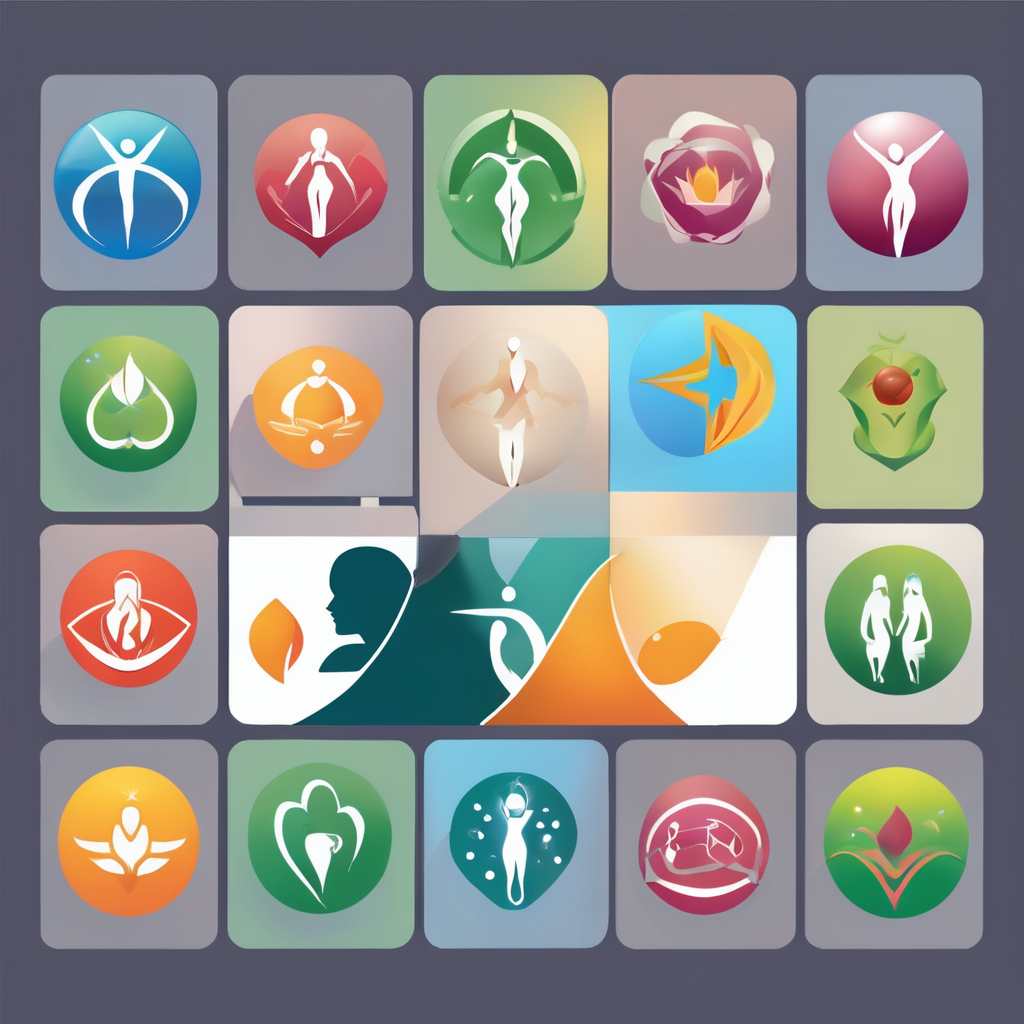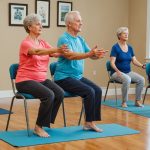Understanding Arthritis Pain
Understanding arthritis is crucial for those dealing with this condition. Arthritis encompasses various types, including osteoarthritis and rheumatoid arthritis. These forms can cause common symptoms of arthritis such as joint stiffness, swelling, and limited mobility. Such symptoms profoundly affect daily activities, particularly for seniors, who may struggle with tasks they once found simple.
The impact of arthritis on senior lifestyles is significant. For many, it means adapting routines to accommodate reduced physical capabilities. This often leads to a loss of independence, causing frustration and isolation. Therefore, having a robust understanding of arthritis and its effects can help in managing expectations and planning effective strategies.
Also read : Winter wellness: energizing tips for seniors to maintain an active lifestyle
Arthritis pain management is vital for preserving quality of life. Through personalized pain management plans, like medication and therapy, individuals can alleviate discomfort. Identifying and applying effective pain management strategies can significantly reduce the burden of arthritis. Information on how to balance rest, activity, and lifestyle changes can empower seniors to maintain active and enriched lives, despite their condition.
Understanding arthritis is key to managing it effectively, aiding seniors in navigating their day-to-day challenges with greater ease and comfort.
Topic to read : Enhancing balance: discover the key benefits of chair yoga for seniors facing stability challenges
Understanding Arthritis Pain
When tackling arthritis pain management, understanding lifestyle modifications is crucial. Seniors can benefit from incorporating daily routines designed to ease their symptoms. Simple changes, like maintaining a healthy weight, significantly reduce stress on joints, helping decrease inflammation. Paying attention to rest is equally important. Consistent, high-quality sleep can improve one’s ability to manage pain effectively.
Stress management is another key component. Techniques such as meditation or deep-breathing exercises can mitigate pain exacerbated by stress. This holistic approach not only diminishes arthritis symptoms but also enhances overall well-being. Therefore, adopting these strategies as part of daily life can serve as powerful pain reduction allies for seniors struggling with arthritis.
This focus on lifestyle modifications supports broader arthritis pain management strategies, offering individuals natural and practical methods to enhance their quality of life. By making mindful adjustments, seniors will likely find their symptoms are more manageable, demonstrating that understanding arthritis extends beyond just recognising common symptoms of arthritis.
Dietary Recommendations
Incorporating an anti-inflammatory diet can be pivotal in managing arthritis pain. Foods like fatty fish, rich in omega-3 fatty acids, can help reduce inflammation. Leafy greens and berries, abundant in antioxidants, also assist in neutralising harmful free radicals in the body. The inclusion of these foods can aid in mitigating common arthritis symptoms by targeting inflammation at its source.
Hydration plays a critical role in maintaining joint health. Adequate water intake helps lubricate joints, reducing friction and improving mobility. This simplification in movement can vastly aid in pain management, facilitating easier day-to-day activities. Seniors should aim for regular water consumption throughout the day to sustain joint function and minimise discomfort.
Nutritional supplements offer another avenue for arthritis management. Supplements like glucosamine and chondroitin are popular for their potential to protect cartilage and improve joint function. While they do not replace a balanced diet, they can provide additional support in addressing arthritis pain, especially for seniors with dietary restrictions or increased nutritional needs. Always consult healthcare professionals before adding new supplements to your regimen.
Physical Activities to Alleviate Pain
For seniors, engaging in gentle physical activity can be pivotal in managing arthritis pain. Incorporating exercises like walking, swimming, and yoga into daily routines not only improves mobility strategies but also enhances joint flexibility and strength. Walking, a low-impact activity, can encourage movement without over-stressing the joints.
Swimming offers a buoyant environment where seniors can exercise without bearing weight, thereby reducing stress on affected areas. Similarly, yoga promotes both physical and mental well-being through stretching and deep breathing techniques. The benefits of such exercises are vast, from enhancing blood circulation to promoting joint lubrication, which helps in reducing stiffness.
Furthermore, your day-to-day flexibility routines play a crucial role. Gentle stretching can prevent muscle tightening and improve the range of motion, making daily activities less challenging. Participating in physical therapy or seeking guidance from trained professionals can aid in tailoring exercise programs that meet individual needs and limitations.
By integrating these physically engaging activities, seniors can address arthritis-related discomfort, empowering them to lead active, fulfilling lives while managing their condition effectively.
Alternative Therapies for Pain Relief
Exploring alternative therapies offers seniors diverse options for pain management beyond conventional medications. One notable method is acupuncture, an ancient practice aimed at reducing arthritis pain through strategic needle placements. By stimulating specific points, acupuncture can potentially ease tension and enhance joint flexibility.
Massage therapy is another valuable approach in relieving arthritis discomfort. Through targeted movements and pressure, massage can improve blood flow and decrease muscle stiffness. This therapy not only addresses physical pain but also promotes relaxation, reducing stress levels which may exacerbate arthritis symptoms.
Additionally, herbal remedies are gaining attention as holistic approaches to managing arthritis. Essential oils, such as eucalyptus and ginger, are believed to offer anti-inflammatory benefits when applied topically or inhaled. These natural treatments provide a mind-body connection, fostering a sense of well-being while alleviating pain.
Incorporating these non-medication treatments into one’s routine highlights the evolving landscape of arthritis management. These therapies are increasingly popular for their potential to complement traditional pain relief strategies, enabling seniors to explore a comprehensive approach in their wellness journey.
Real-Life Examples and Testimonials
Exploring senior testimonials reveals diverse success stories of managing arthritis pain naturally. One senior shared that adopting a gentle exercise regime significantly improved their mobility. They followed a daily routine combining walking and stretching, which became pivotal in alleviating stiffness.
Another compelling narrative focused on dietary changes and anti-inflammatory nutrition. A senior recounted how shifting to a diet rich in omega-3 fatty acids and antioxidants helped reduce their joint pain, highlighting the transformation as life-changing.
Moreover, personal accounts often mention how incorporating alternative therapies like massage and aromatherapy contributed to pain relief. These testimonials emphasize holistic approaches, illustrating practical ways seniors can integrate such strategies.
Case studies showcase the success of seniors who utilised combinations of pain management tactics, including stress reduction techniques like meditation. They highlight how consciously managing daily stress levels can diminish pain, enhancing overall well-being.
These real-life experiences offer valuable insights and inspire seniors seeking effective pain management strategies. By learning from the triumphs of others, seniors can be encouraged to tailor solutions that best fit their lifestyles, fostering a proactive approach to arthritis management.
Citing Credible Sources and Studies
When seeking reliable information on arthritis pain management, the credibility of sources cannot be overstated. High-quality research studies and expert opinions provide the backbone for understanding effective pain relief strategies. For instance, studies showcasing the benefits of an anti-inflammatory diet are often rooted in clinical trials and longitudinal research.
To find trustworthy resources, it’s essential to look for articles published in peer-reviewed journals or websites backed by reputable health organisations. Reliable findings often include comprehensive data, such as improvements in seniors’ mobility strategies and reductions in inflammation through dietary changes.
Experts in the field, including rheumatologists and nutritionists, frequently contribute insights into managing arthritis through natural and medical means. Tapping into these expert opinions offers seniors a well-rounded understanding of how different approaches, from gentle physical activity to alternative therapies, can be incorporated into their lifestyle.
By prioritising credible sources, seniors can make informed decisions, ensuring the strategies they adopt are not only effective but also supported by research studies and expert analysis. This clarity is crucial for tailoring pain management techniques that genuinely enhance quality of life.











